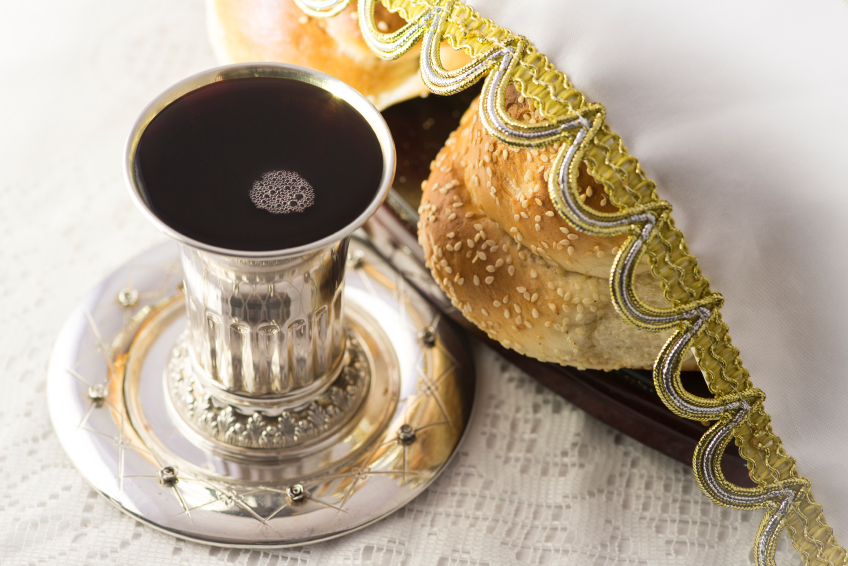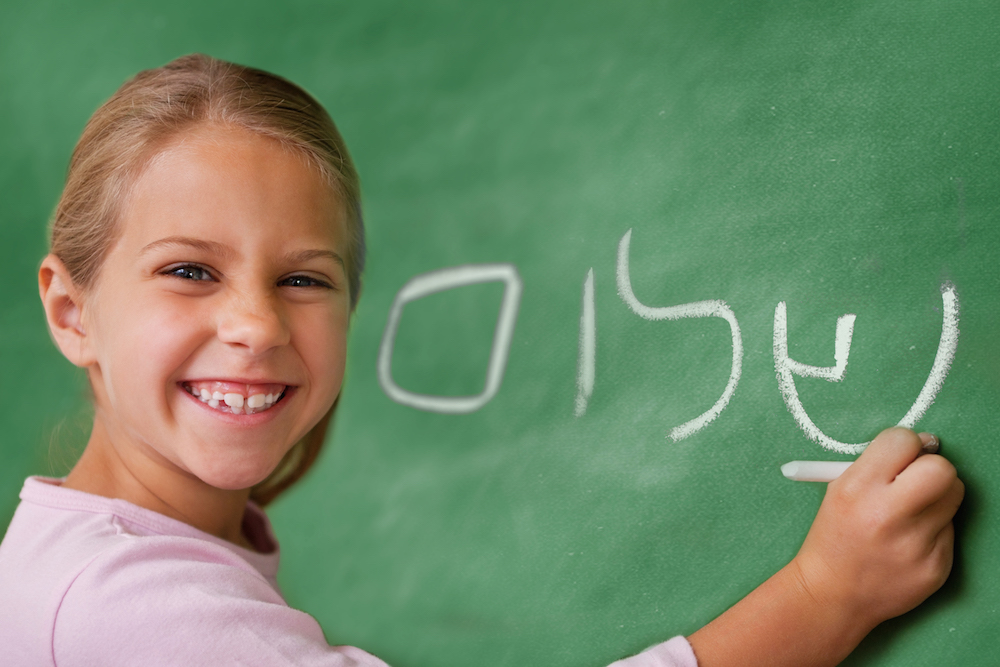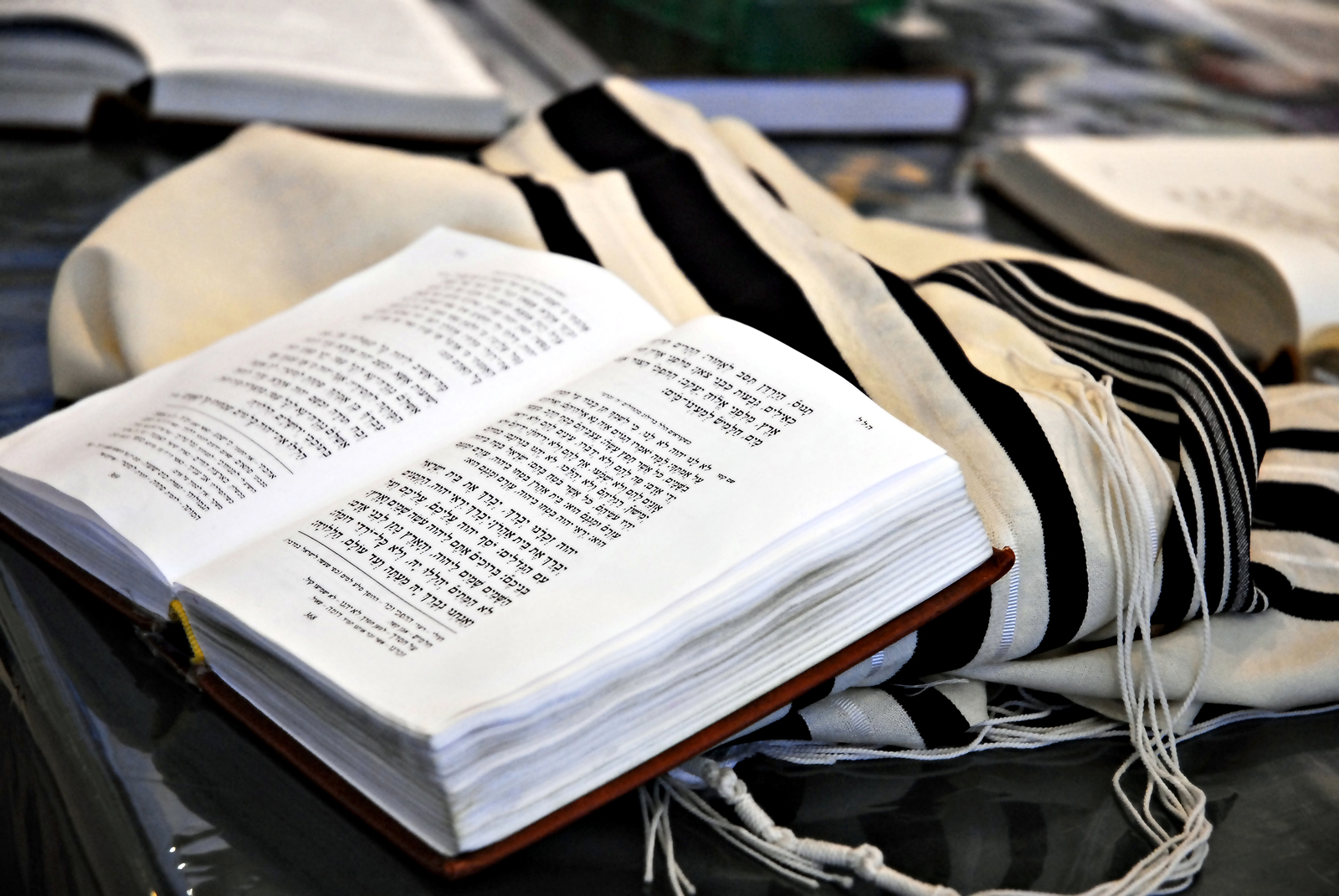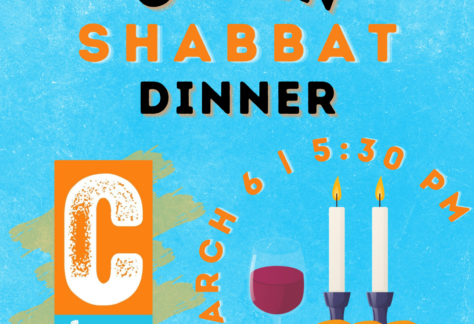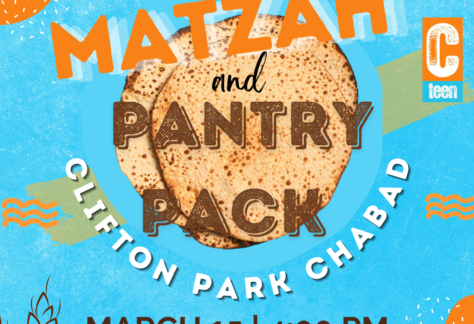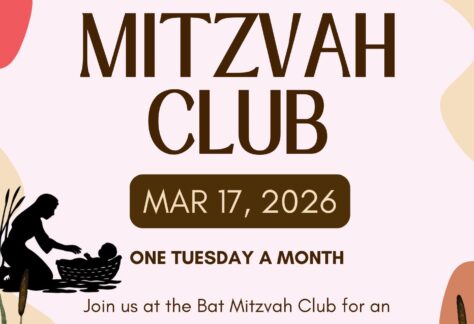Shalom!
Welcome to Clifton Park Chabad Jewish Center! Here at Chabad, you will find a wide array of programming designed to enhance Jewish life in southern Saratoga County. We strive to create an environment where every person is welcome, every individual Mitzvah is cherished, and where Judaism is an accessible reality to all Jews regardless of background, affiliation or age!
Through Shabbat Dinners, Holiday events, Jewish Womens circle, Chabad Hebrew school and everything in between, we are cultivating a community together. We look forward to meeting you in person at a Shabbat dinner, Torah class or a casual coffee date.
JOIN OUR EMAIL LIST:

561
Clifton Park Chabad
Where every Jew is family! Come join our ever-growing family in Southern Saratoga County.

